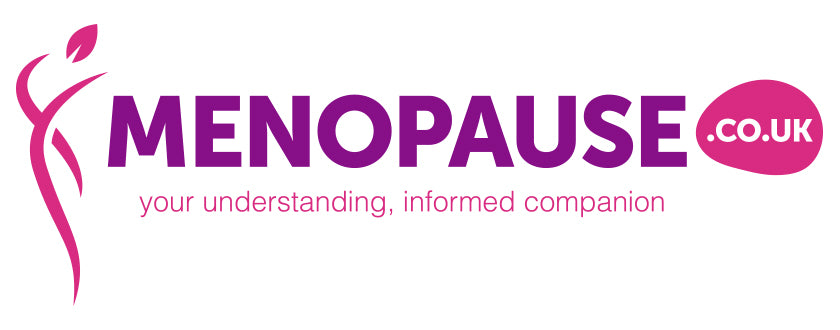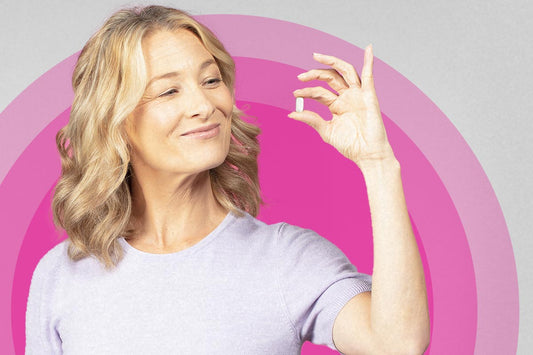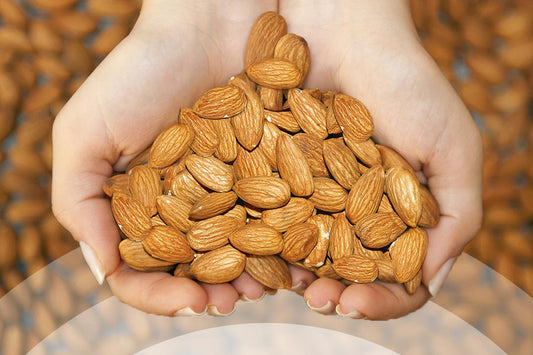Hormonal fluctuations and menopause have a big effect on how our body functions during exercise.
For example, a reduction in oestrogen changes our bone density and increases our chance of stress fractures; it also reduces the elasticity of our ligaments and tendons, leading to increased injury potential.
During menopause our ovaries stop making progesterone and oestrogen and the production of these is taken over by adrenal glands. Our adrenal glands are also responsible for making the stress hormone ‘cortisol’. When we are stressed, our body prioritises making cortisol over progesterone and oestrogen. This imbalance leads to fatigue and slower recovery time.
This is important to consider when we are deciding which type of exercise to do.
For example, when we run or do HIIT classes we create more cortisol. Too much cortisol causes our blood sugars to rise, meaning we produce insulin to bring our blood sugars back down. This increase in insulin also signals the body to go into ‘fat storage’ mode, which means we can also start to put on weight. The weight increase can add pressure to joints so it’s vital to pace yourself with any suspected or confirmed hormone imbalance. If you are a keen runner or used to getting your heart rate high, it might take some adjusting to drop the pace a little but it’s better for you in the long run. Hot flushes can also make running more challenging as women tend to feel hotter more quickly.
For women still experiencing a menstrual cycle, those hormones also have a dramatic effect on our ability to exercise.
Just after our menstrual bleed, when hormone levels are low, we are able to access stored carbohydrates in our muscles and liver to go hard and fast.
The second half of the menstrual cycle is regarded as the high hormone phase (days 14–28), when we switch to fat burning mode for fuel. This is where we need to switch to more endurance based, steady exercise.
It can be really hard to amend a workout regime that we have had for a long time, but this really is an important time to work with your body and not just try and power through.




